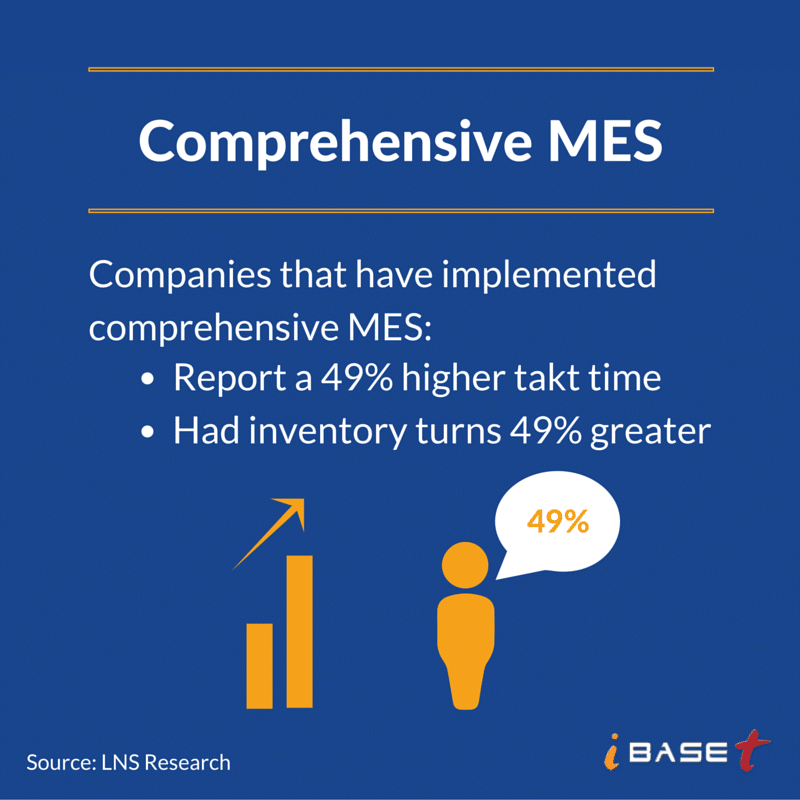A recent post on the LNS Research (LNS) addresses approaches to Work-In-Progress (WIP) management by complex discrete manufacturers. The author says that the amount of inventory tied up in WIP can exceed $10 million for companies in this sector, depending on the number of plants in operation.
Not surprisingly, WIP improvement initiatives are a major focus for this group of manufacturers:
According to our most recent Manufacturing Operations Management (MOM) survey, 100 percent of complex discrete respondents had some type of operational excellence program in place and 75 percent of these contained WIP-focused initiatives like Lean Manufacturing or Six Sigma. Additionally, 80 percent of complex discrete manufacturers responded that they measure WIP and know their company’s current performance—and want to improve. Wanting to improve probably comes with little surprise, but what might raise an eyebrow or two is by just how much—the average goal of WIP improvement is a lofty 33 percent. It’s clear: WIP is a top-of-mind issue for many complex discrete manufacturers, and these companies are nowhere near where they need to be.
Many companies take a narrow approach to WIP optimization, focusing on tools that typically concentrate on WIP flow, an approach that fails to address a cadre of issues that may arise from maintenance issues, supplier performance, customer orders, quality variations, or production anomalies. According to an LNS survey, manufacturers taking this approach have seen small increases in inventory turns per year, 4.5 compared with 4.4 for those manufacturers who haven’t implemented a solution for WIP management improvement.
A more effective approach to improve WIP management involves the implementation of comprehensive MES systems. The author distinguishes between MES defined simply as a production execution application (or even more narrowly, as a way to measure overall equipment effectiveness) and those that take a more encompassing view of MES: what LNS views as the evolution of MES to a MOM scope that connects shop-floor automation systems to the overall enterprise software network, and includes applications like quality management and planning, scheduling and dispatching, as well as production execution. According to the analyst, “It’s this latter, comprehensive approach to operations that’s driving value in the WIP arena, as these applications touch the full range of shop-floor activities—both those that have direct and indirect impact on WIP.”
The survey data backs this up:
- Companies that have implemented comprehensive MES report a 49 percent higher takt time than those that have not.
- Companies that have implemented comprehensive MES had inventory turns 49 percent greater than those that have not, compared to the essentially equal inventory turns of those that took the narrow approach.
The survey report concluded:
Complex discrete manufacturers will be better served by taking a comprehensive approach to MES solutions that are more broadly focused on improving multiple areas of their manufacturing operations—including WIP. A great place to start—the three most broadly adopted application areas:
Quality Management
Planning, Scheduling, and Dispatch
Manufacturing Execution Systems
The effective, integrated combination of the above applications has been directly linked to companies being more effective at managing their production operations at the plant, business unit, and enterprise levels.





